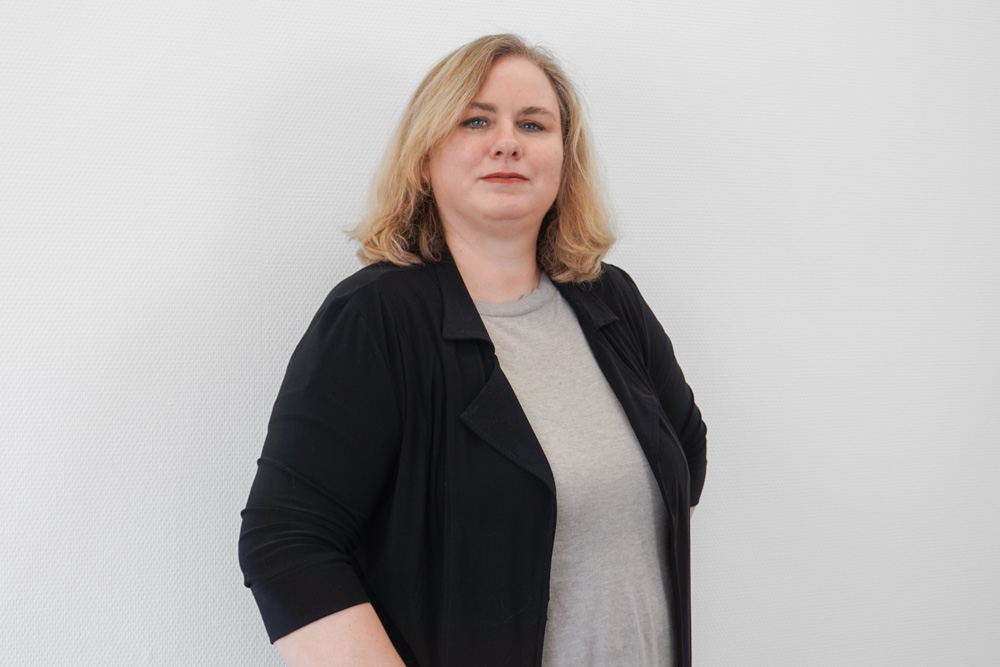
Prof. Dr. Michelle Cummings-Koether
- Intercultural Management
- International Management
- Diversity Management
- Helath Communication
- Project Management
- Scientific Communication
- Soft Skills & Leadership
- Argumentation and Negotiation
Professor
- Professor for Intercultural Management
- Co-Head of the DIT Institute for Transformation of Society (I-ETOS)
- Coordinator of the DIT university certificate of “Intercultural Competences”
- Editor of the Journal of Applied Interdisciplinary Research (JAIR)
- Editor of the Bavarian Journal of Applied Sciences (BJAS)
Bürozeiten
By appointment per mail
Teaching and reserach include the analysis of transformation processes, intercultural competence, and the influence of values and expectations on social and institutional practices. Additional areas include political communication, with attention to media environments and public discourse, as well as research on culture and artificial intelligence, focusing on gender and cultural bias, misinformation, and disinformation. Further emphasis is placed on group dynamics and systems thinking, supported by qualitative and quantitative methodologies and a commitment to conceptual and methodological rigor.